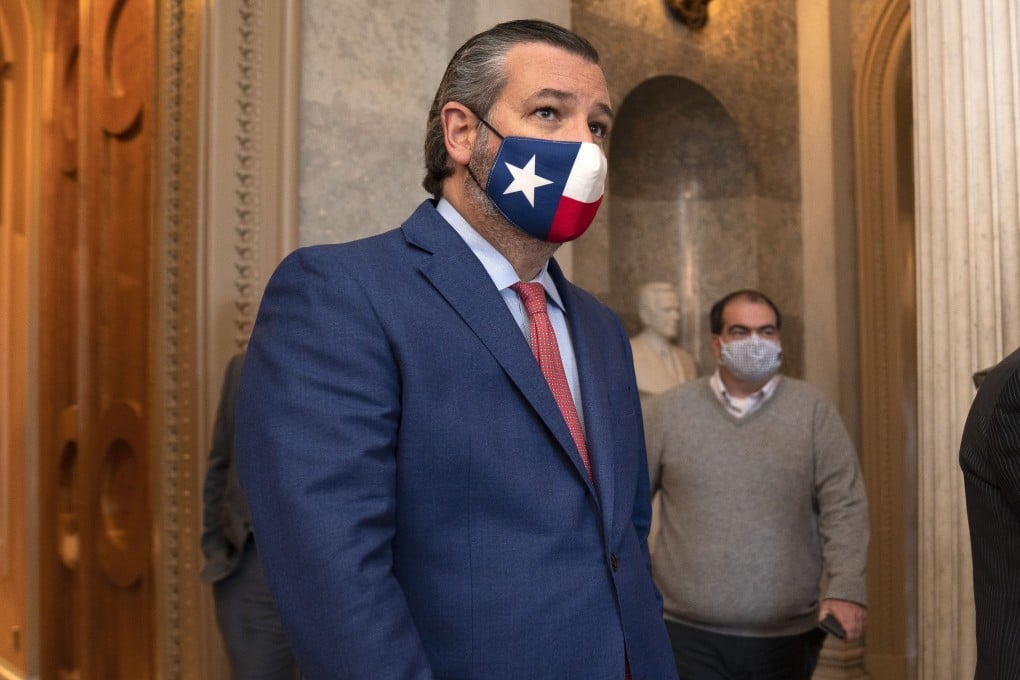Hong Kong-based activists mostly silent after US Senator Ted Cruz blocks bill giving special refugee status to dissidents, citing spy threat from Beijing
- Cruz says China would exploit relaxed immigration standards to send spies to the US
- Under the bill, Hongkongers would be granted temporary protected status, joining citizens from 10 other countries including Syria and El Salvador

Hong Kong opposition activists remained largely silent on Saturday, after US Senator Ted Cruz blocked a last-minute attempt by fellow lawmakers to push through legislation that would have given dissidents from the city special refugee status.
The reticence stood in stark contrast to the response from their counterparts based overseas who expressed disappointment with the move and voiced concern over the safety of Hong Kong protesters in the US.
Taking to the Senate floor to thwart the attempt on Friday, Cruz, of Texas, called the legislation an attempt by Democrats “to advance their long-standing goals on changing [US] immigration laws”, and claimed that Beijing would exploit relaxed immigration standards to send spies to the US.
Those who could benefit from the bill, called the Hong Kong People’s Freedom and Choice Act, would be subject to background security checks.
Under the bill, Hongkongers would be granted temporary protected status (TPS), joining citizens from 10 other countries including Syria, El Salvador and South Sudan. With TPS, those already living in the US, such as students, would be allowed to stay on in the country past the expiry of their current visa.

00:49
Hong Kong national security law has ‘chilling effect’ on freedoms, says UN human rights chief
Opposition figures in Hong Kong contacted by the Post appeared reluctant to be drawn into the issue or express much disappointment. Those in the US, however, raised hope that the new government would be receptive.